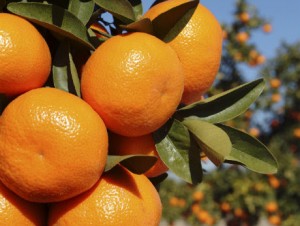Fresh Plaza
Sander Bruins Slot
Recently, there has been an interception of Mediterranean fruit fly larva in a shipment of clementines from Morocco. The African country is the biggest citrus (clementines) supplier of the US, both in volumes and value.
In a letter, APHIS informed Morocco. “On December 14, 2016, the live fruit fly larva was found during an inspection of clementines from Morocco at the Port of Philadelphia. APHIS’ national fruit fly specialist confirmed this larva to be Medfly. As a result, effective immediately, APHIS is prohibiting the importation of all citrus produced in, packaged in, moved through, or shipped from the Berkane Region in Morocco. All cargo that have a bill of lading date no later than 14 days from today and have successfully completed the prescribed cold treatment and passed inspection upon arrival into a North Atlantic maritime U.S. port may still enter.
Citrus shipments from the Agadir Region of Morocco remain enterable into the United States, if the cold treatment was successfully completed and no live pests are found upon inspection at the U.S. port of entry. APHIS will not accept citrus fruit that was grown, harvested, or transferred from the Berkane Region in a shipment from the Agadir Region.”
This news is surprising, as Moroccan citrus imports was already suspended in January this year and lifted it in June after agreeing some special protocols. Berkane is seen as the capital of citrus from Morocco.
Publication date: 12/26/2016
Author: Sander Bruins Slot








